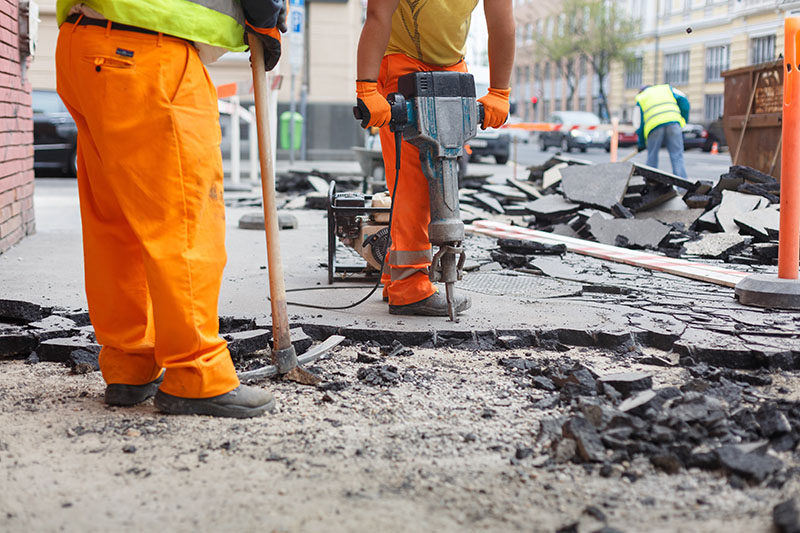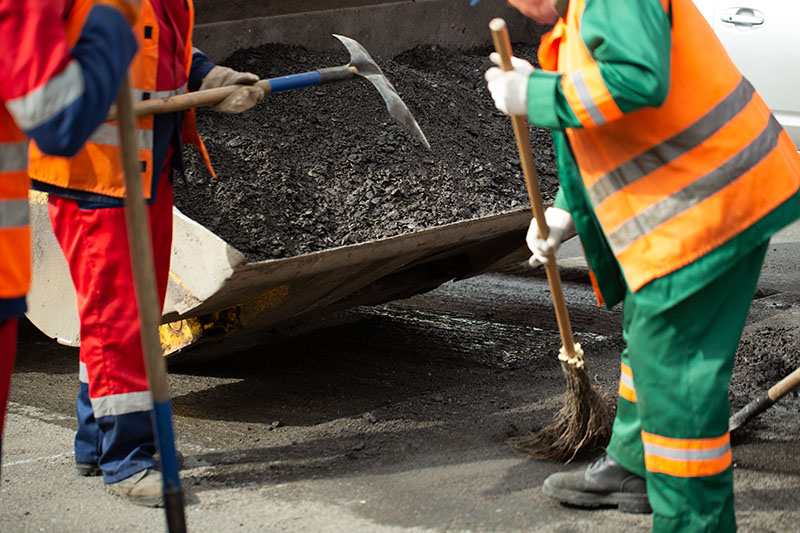Asphalt removal is an essential step in restoring the safety, appearance, and performance of paved surfaces. Whether it’s a parking lot, driveway, or roadway, old or damaged asphalt can lead to serious issues if left untreated. Knowing when asphalt removal is necessary helps property owners save money in the long run and ensures a smoother, safer surface.

One of the most obvious signs that asphalt removal is needed is cracking. Alligator cracking, in particular, signals damage beneath the surface that can’t be fixed with simple patching. Other indicators include:
These issues suggest that the underlying foundation may be compromised. In these cases, resurfacing alone won’t solve the problem—asphalt removal is the only real solution.
Resurfacing involves adding a new layer of asphalt over an existing surface. While it’s a cost-effective solution, it only works when the current surface is structurally sound. If the base layer is damaged or unstable, resurfacing will only temporarily mask the issue.
Asphalt removal allows contractors to assess and repair the sub-base before installing a new layer. This ensures long-term durability and reduces the chances of recurring problems. For commercial properties and municipalities, this helps maintain safety standards and curb appeal.
There are two primary techniques used for asphalt removal:
This involves tearing out the entire asphalt surface down to the subgrade. It’s ideal for major structural damage or surfaces older than 20 years.
Asphalt milling removes just the top layers while keeping the base intact. It’s commonly used when only surface-level repair is needed. The removed material is often recycled, making milling an eco-friendly option.
Both methods require specialized equipment and should be handled by trained professionals to ensure proper grading and drainage.

While asphalt removal can be done year-round, the best time is during dry, mild weather—typically spring or early fall. These conditions allow for better adhesion of new asphalt and fewer delays in the removal and repaving process.
Although it may seem like a large upfront investment, proper asphalt removal helps avoid repeated repairs, saving money over time.
Make sure to work with a trusted contractor who offers complete asphalt services, from evaluation and removal to resurfacing and striping. Ask for:
Professionals will also help determine if asphalt removal is truly needed or if your pavement qualifies for a simpler resurfacing approach.
Cracks, potholes, and worn-out surfaces are more than just an eyesore—they’re a safety risk and liability. Whether you manage a residential driveway or a busy parking lot, professional asphalt removal can restore the integrity and longevity of your pavement.
Contact us for a professional asphalt removal service today. Visit our Jay’s Demolition Inc blog for more removal tips and insights.